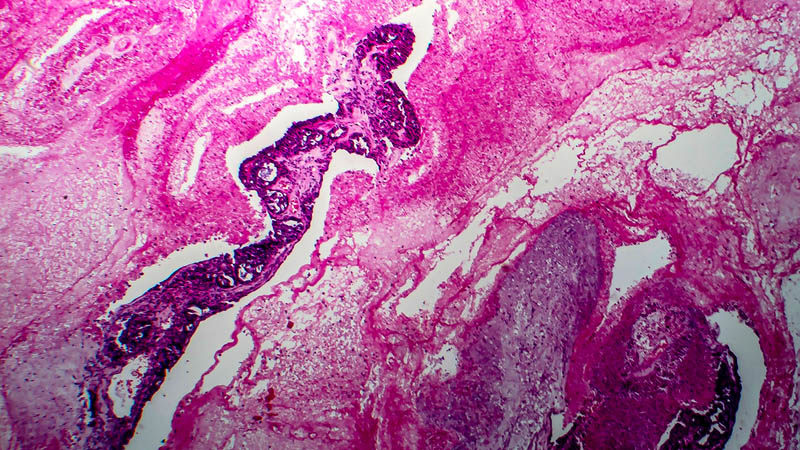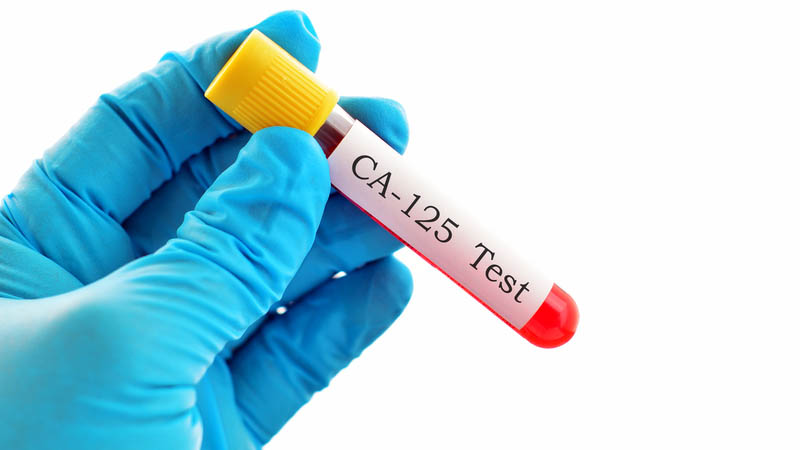Radiodiagnosis and radiotherapy in pregnancy – facts without myths
 Affiliacja i adres do korespondencji
Affiliacja i adres do korespondencjiCancer in pregnancy is an increasingly common phenomenon faced by oncologist. This is a consequence of postponed motherhood until a later age and high rates of malignant tumors in the group of adolescents and young adults (20–44 years). The most common diseases diagnosed in pregnant women are breast cancer and hematological malignancies. Both, diagnosis and later treatment require the use of radiation. Irradiation of a pregnant woman is perceived as fetal exposure to irreversible damage and even death. There are no studies describing the actual effect of different doses and types of radiation on the fetus. Furthermore, due to anxiety and stereotypes pointing to the harmfulness of radiation, women requiring radiation are offered pregnancy termination before initiation of cancer therapy. However, the increasing data based on a review of literature from different parts of the world show that such management is not in line with the current medical knowledge in the field of radiodiagnosis and radiotherapy. This article presents data based on a literature review devoted to the assessment of the impact of radiation on living organisms and the use of radiation for diagnostic and therapeutic purposes in pregnant women. The data clearly indicate that both diagnostic and therapeutic ionizing radiation can be safely used also in pregnant women.









